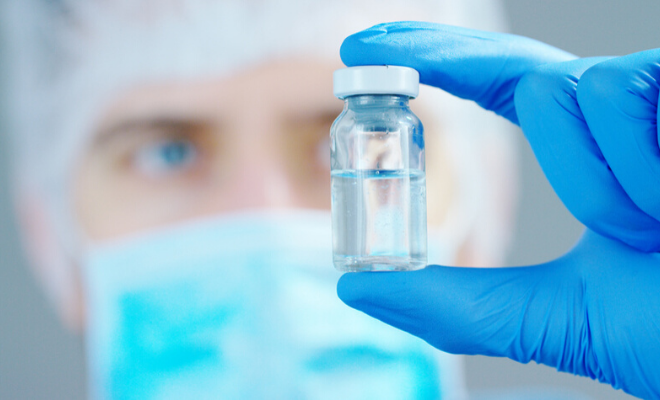Brazil’s two main vaccine producers — São Paulo’s Butantan Biological Institute and Rio de Janeiro’s immunobiology lab Bio-Manguinhos — are laying the groundwork for mass production of a prospective Covid-19 vaccine. Both institutes have started production planning and reallocating resources amid ongoing talks with promising research projects. Bio-Manguinhos is currently negotiating future vaccine supplies with at least four promising development labs, including Oxford University’s drugmaker AstraZeneca — set to carry out 2,000 tests for its vaccine in Brazil.
When approved, production of a prospective vaccine could be carried out immediately “with the capacity for producing 40 million vaccines per month,” Bio-Manguinhos Director Mauricio Zuma told the press.
This number would be achieved by shifting production and resources from other vaccine departments to supply the more urgent demand for a Covid-19 vaccine. Other important vaccine production chains such as vaccines for mumps and yellow fever will not be affected. There are also plans to further expand the Bio-Manguinhos lab facilities, part of the Oswald Cruz Research Foundation, with a new complex that would make it the largest vaccine lab in Latin America.
São Paulo’s Butantan Institute has also initiated negotiation talks with prospective producers. As previously reported by The Brazilian Report, Chinese private lab Sinovac Biotech will conduct its final stage of testing in São Paulo with agreements over supply in place if tests are successful.
“This is one of the most developed vaccines [in the world], and the Butantan Institute already works with the same type of vaccines for rabies and dengue. We have the assembly line and facilities to rapidly adapt to [an eventual] production,” said Butantan Institute Director Dimas Covas.
If the partnership with Sinovac goes through, the Institute Butantan would be able to produce 30 million vaccines per production cycle (at least two months) with delivery expected by June 2021. Both institutes are also developing their own vaccines, although they are in an earlier stage of testing than Sinovac’s or AstraZeneca’s.
 Support this coverage →
Support this coverage →

 Search
Search






































